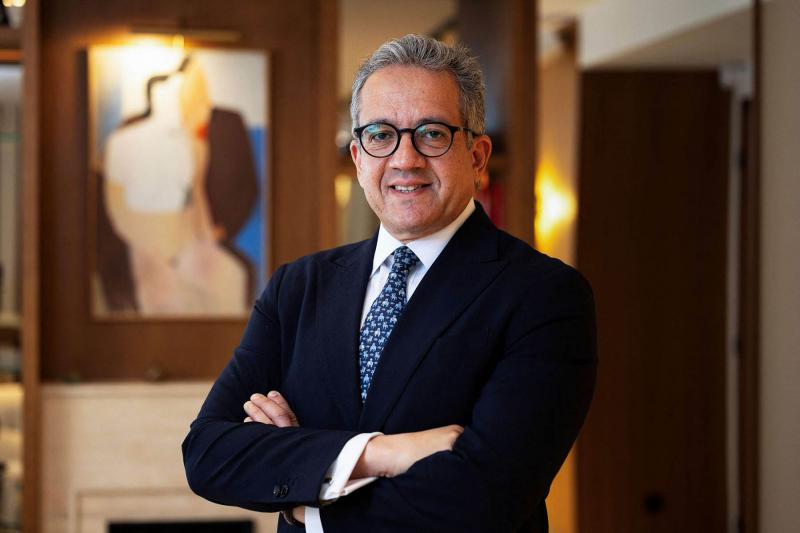
Egyptian diplomat Khaled El-Enany has been appointed Director-General of UNESCO, winning 55 of 57 votes in a decisive Executive Board election against his Congolese rival, Firmin Matoko.
The announcement was made on Monday, October 6, with El-Enany set to take office on November 14, 2025.
El-Enany enters the role backed by major international powers, including France, Germany, Brazil, Turkey, the African Union, and the Arab League, after a two-year campaign for the leadership of the United Nations cultural agency.
His appointment comes at a challenging moment for UNESCO, which faces the announced withdrawal of the United States in 2026, a move expected to reduce the agency’s annual budget by approximately 8 percent.
Executive President Vera El Khoury Lacoeuilhe confirmed El-Enany’s election, noting his widespread support and readiness to lead the organisation.
“Khaled El-Enany was the frontrunner, and his appointment reflects confidence in his ability to guide UNESCO through this transitional period,” she said.
El-Enany inherits an organisation profoundly transformed under the leadership of Audrey Azoulay.
During her eight-year tenure, Azoulay doubled UNESCO’s annual budget from $450 million to $900 million, raised the agency’s global profile, and launched landmark initiatives such as the reconstruction of Mosul in Iraq.
She also placed a strong emphasis on African heritage, with 19 sites inscribed on the World Heritage List since 2018 and 37 African intangible cultural heritage elements added, nearly half of the world’s new entries.
Addressing the challenges ahead, El-Enany outlined priorities for his mandate, particularly in response to the expected US exit.
“During my first 100 days, I will meet with representatives of member states to develop a strategic plan to address budget cuts and improve efficiency,” he said.
He also highlighted plans to streamline the agency’s often bureaucratic operations and diversify funding sources by enhancing private sector participation and fostering partnerships between UN agencies.
Observers note that his leadership will be pivotal in sustaining UNESCO’s programmes, promoting cultural heritage, and navigating financial pressures at a critical juncture for the organisation.



